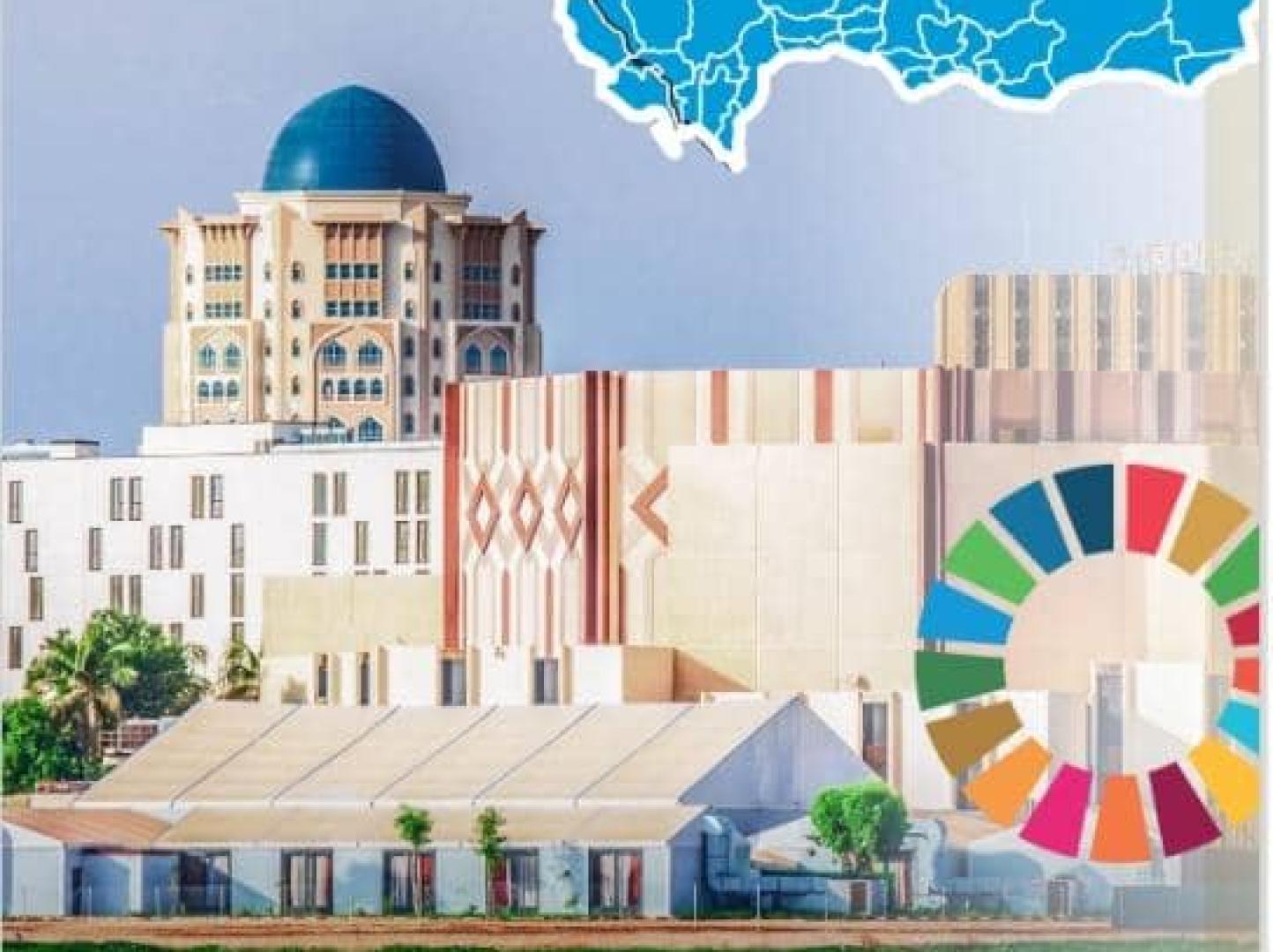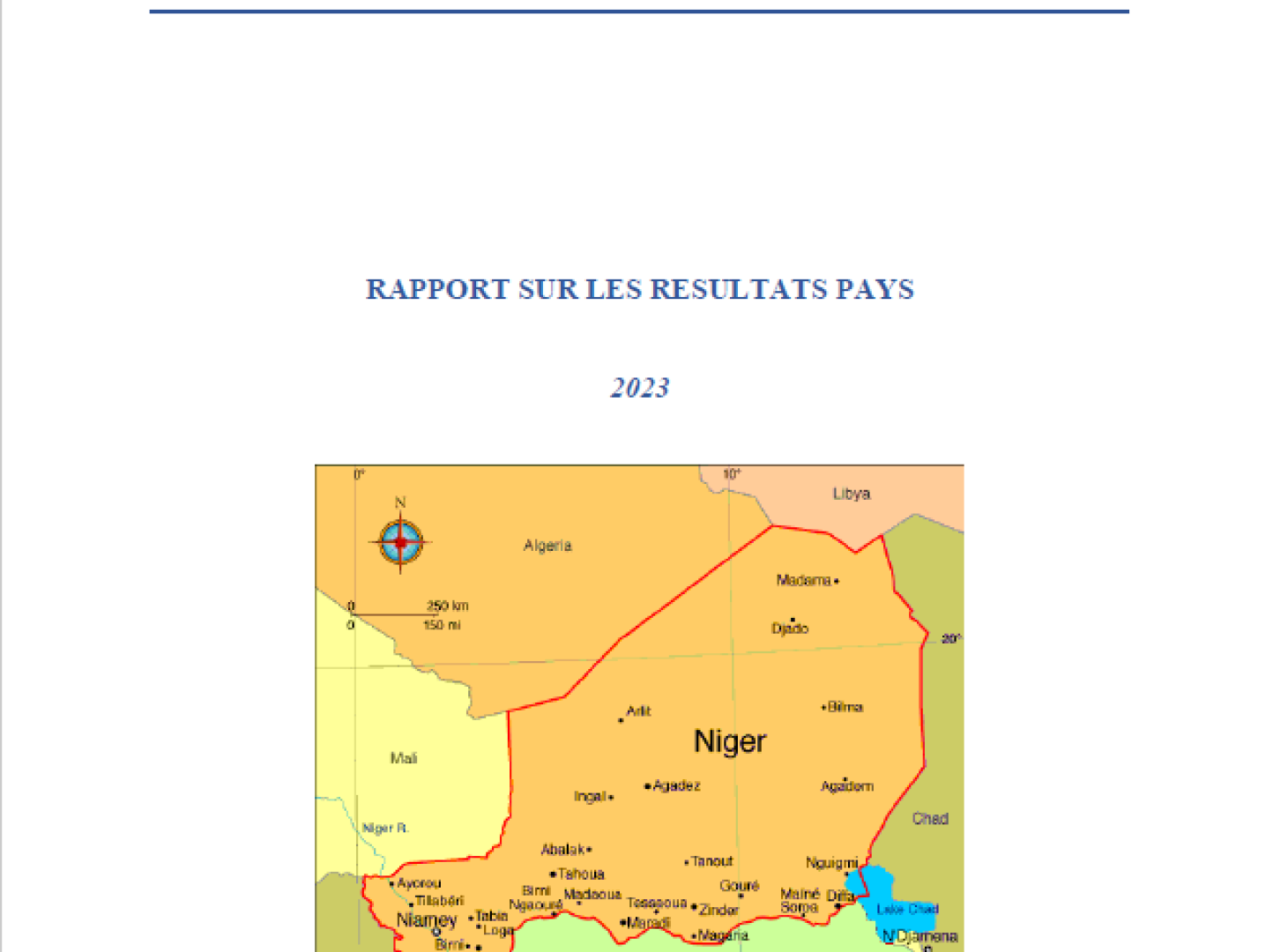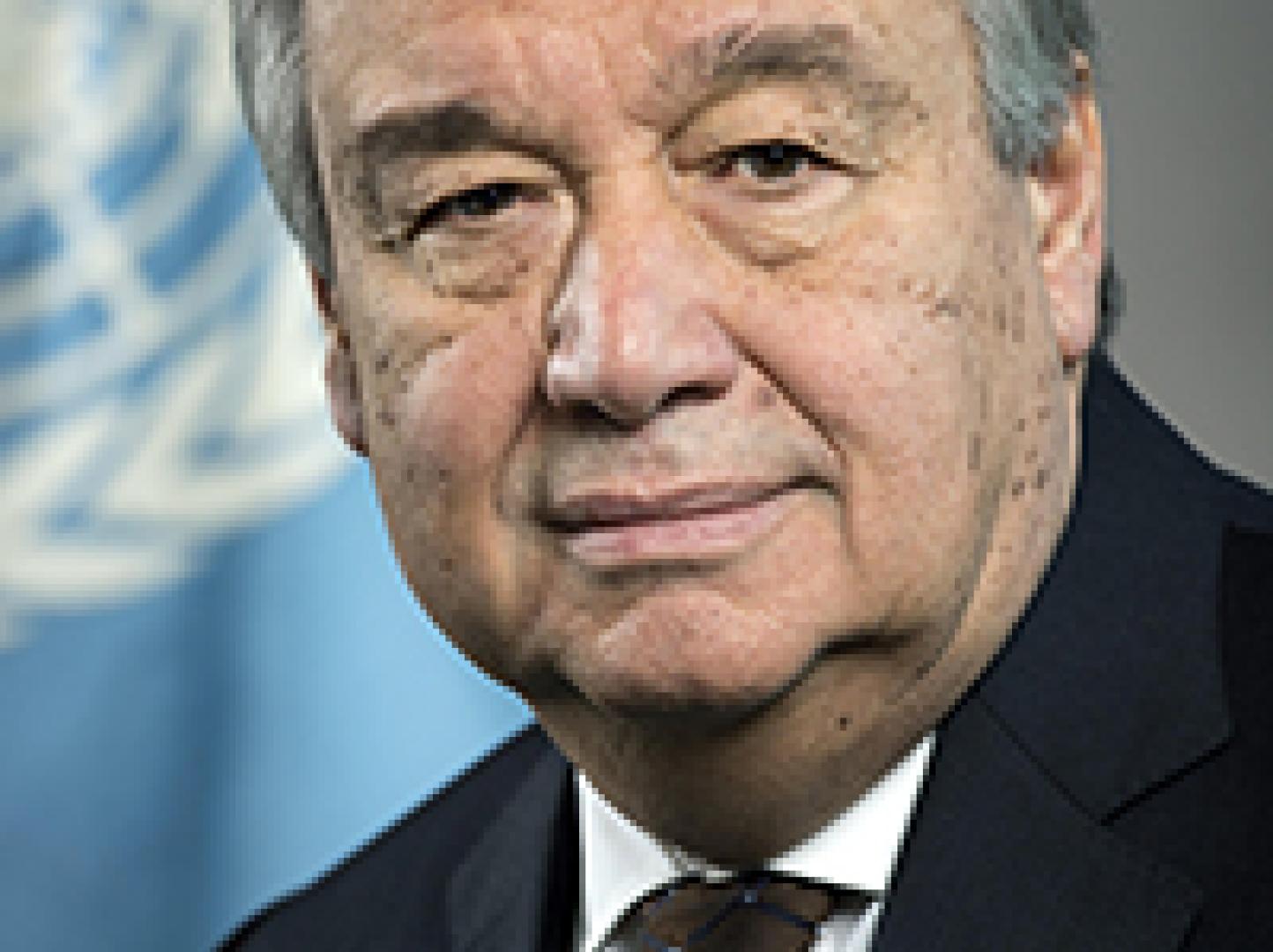Proud to be a health worker': Midwives continue delivering babies amid global pandemic
In the Nigerien capital of Niamey, the NGO SOS Femme et Enfant Victimes de Violence Familiale says that reports of gender-based violence tripled between February and April.
Maryam*, 25, found herself on the front lines of both pandemics when she suffered domestic abuse after contracting COVID-19 through her work as a midwife. Here, she speaks about her experience.
Maryam*, 25, Midwife
"I'm not the usual face of domestic violence. I have no signs of physical abuse and no bruises.
For the past eight months, I have worked as a midwifery intern at a hospital in Niamey. In April, I started to develop many of the symptoms associated with COVID-19 — fever, insomnia, lack of appetite, aches and coughs. I was tested and three days later, received a phone call to say that the results had come back positive. I felt lonely, sad and anguished by the diagnosis, but sharing the news with my husband was even harder.
Being a woman can expose you to invisible and unexpected violence. My husband reacted to my announcement like an electric shock. He began screaming that I had signed his death warrant because he was certain that I must also have infected him. The man I’d known for five years had transformed into an angry and threatening stranger.
Doctors were sent to my house to check on me but before they’d even arrived, my husband had demanded I move out. The doctors recommended that I stay in the house to quarantine, so I begged them to convince my husband to let me stay in the house. In front of the doctors, my husband was conciliatory but after they left, he put me out on the street.
"The man I’d known for five years had transformed into an angry and threatening stranger" - Maryam*, 25
Where could I go? Everyone in the neighbourhood knew about my infection and I understood the reluctance of my neighbours to take me into their home. I called the medical team and the hospital agreed to let me stay there while I recovered in isolation.
During my treatment, I saw my colleagues fighting to save lives in the hospital. It made me proud to be a health worker and I looked forward to recovering and getting back to work. I have wanted to be a midwife since I was 16, when I saw my aunt give birth at home during the civil war and felt powerless to help her.
After 24 days of treatment and isolation, I’m pleased to be living with an aunt and helping people again. I’ve assisted in the delivery of 11 babies in my first week alone. Every time, I feel the same joy and pride when I see a healthy mother and her baby. A mother's happiness and relief when she hears the first cries of her child is a unique moment.
Being a midwife requires you to be in direct contact with women — there is no way to deliver a baby while social distancing — but we do it because this work is so important. I am helping to bring new life into the world, and it's just magical!"
"I am helping to bring new life into the world, and it's just magical!" - Maryam*, 25
Supporting healthcare workers and survivors of violence in Niger
Spotlight Initiative is supporting the increased need for health workers to ensure continuity of care throughout the pandemic, including to pregnant women. The Initiative has contributed to the deployment of 150 volunteer doctors and two midwives in health facilities across the country, while 74 midwifery tutors have been mobilized in support of pre- and post-natal consultations, home births and community outreach.
More than 700 community workers, including social workers and religious and traditional leaders, are conducting community sensitization to support the protection of health workers. This includes urging those with mild COVID-19 symptoms to isolate at home if possible.
In Niamey, where many COVID-19 and domestic violence cases are concentrated, women can access Spotlight Initiative-supported counselling at centres run by social services and through the NGO SOS Femme et Enfant Victimes de Violence Familiale.
*name has been changed.
By Fatou Binetou Dia.




